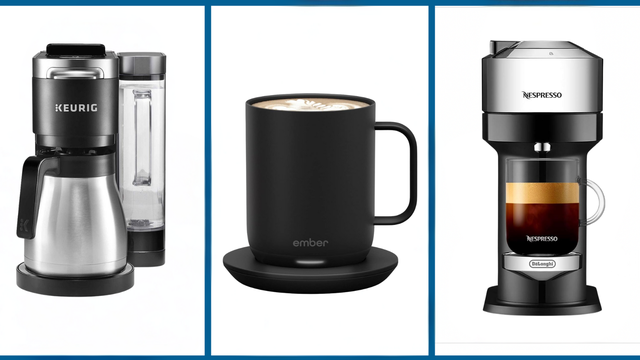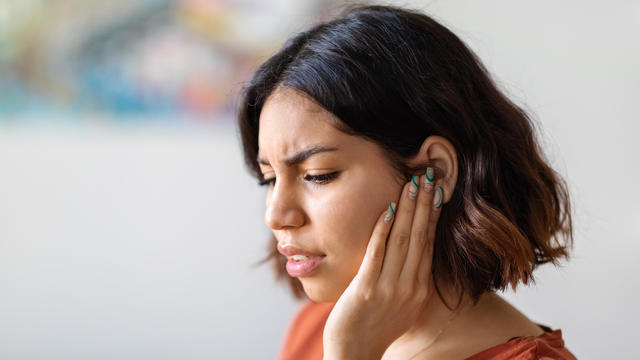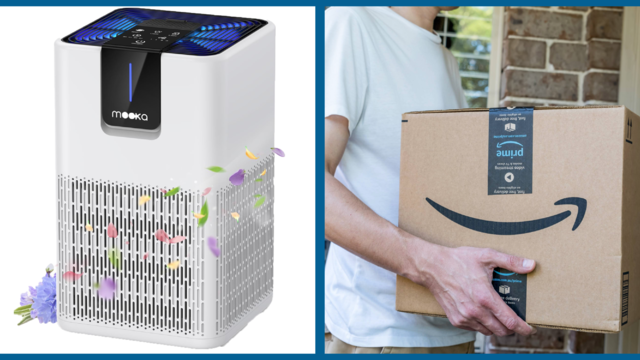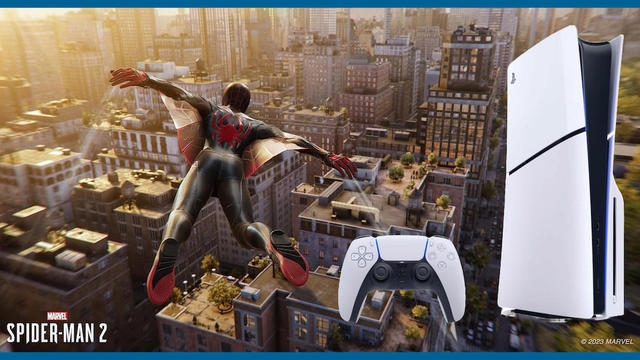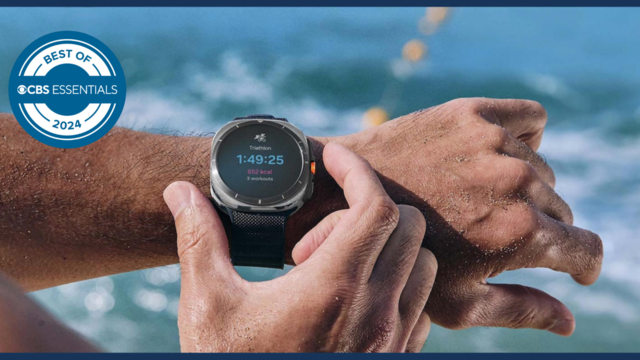Time to upgrade to a new hearing aid? Three ways to know
Hearing aids can be an important part of everyday life for people with some degree of hearing loss. Since it can be such a process to pick out the best hearing aid for you, you might not want to worry about buying a new one any time soon -- but hearing aids don't last forever. Trusted hearing aid brands like Oticon list three to seven years as the lifespan of these devices, with factors such as the build quality and how well you maintain your device playing a role.
So how do you know when it's time to retire your current hearing aid and look for something new? Subtle changes, whether to you or your tiny in-ear audio device, can be your first signs, although they may be easy to miss at first. Perhaps background noise is becoming more of a nuisance or handling your tiny device is getting more difficult due to arthritis in the hands.
To help you know when it's the right time to shop around for a new pair of hearing aids, we here at CBS Essentials have put together the following list of signs you may need to switch hearing aids.
When to switch hearing aids? Three ways to know
From changes to your personal health to the effects of years of wear and tear on your hearing aids, here are three indications that you may need something new. Schedule a chat with your audiologist or healthcare provider to discuss a possible upgrade.
Your hearing aid seems to have gotten worse
Just like any other piece of tech, hearing aids can deteriorate over time. This is due to things like ordinary wear and tear or even damage from ear wax. The average lifespan of a pair of hearing aids is typically between five and seven years, but a good quality pair can last twice that long with proper care -- and visits to a certified hearing care professional every three months or so for professional cleaning.
But hearing aids are tiny, delicate devices. Dirt, sweat, and oil can build up over time, especially if the hearing aids aren't getting cleaned with a soft, dry cloth occasionally. If you believe your hearing aids aren't functioning as well as they used to, that's a sign you may need a new pair.
Other things that could damage your hearing aids or otherwise bring down their lifespan include:
- Extreme temperatures: Avoid leaving your hearing aids in places where direct sunlight can damage them, such as in your car.
- Earwax buildup: Moisture and earwax can damage the electronics in your hearing aids, including the microphones and receivers within. It's best to store them in cool, dry containers when not in use.
- Physical damage: This might be an obvious point, but dropping your hearing aids on hard surfaces can be bad for the delicate devices.
You've experienced certain health or lifestyle changes
Our bodies are always changing, and it's possible yours has outgrown your current hearing aids, in one way or another.
The first and most obvious example of this is a change to your hearing. Hearing loss that is due to old age can get worse over time, with or without hearing aids. If you notice you're turning the volume up more than you used to, or perhaps you can't hear people talking to you as clearly as you once did, talk with your audiologist about whether or not it's time for a new pair of hearing aids.
Bodily changes like worsening arthritis in your hands can be another factor that makes using your hearing aids more difficult to use over time. Smaller devices like completely-in-the-canal style can be very difficult to use if you have arthritis -- in this case, consider making the switch to a larger hearing aid type like a low profile in-ear device or any behind-the-ear styles.
Another potential health change to stay vigilant about is the inner ear disorder Ménière disease. This can cause dizziness, ringing in the ears, and even hearing loss, so if you notice these symptoms in one or both ears, talk to your doctor or audiologist for possible treatment options. But people with this disease often need hearing aids that can be manually adjusted for hearing changes that occur daily -- talk with your audiologist about getting preset programs for your new hearing aids to make these adjustments easy to handle.
Your hearing aid seems old or outdated
New hearing-aid technology is always evolving; what was cutting-edge five years ago can seem outdated compared to the newest models.
We're not quite there yet with fully waterproof hearing aids, but many newer models offer some level of water resistance, making it harder to damage your devices with exposure to moisture. If you've had your current hearing aids for many years, consider upgrading to water-resistant devices.
Talk to your doctor or healthcare provider about finding the right device for you.


